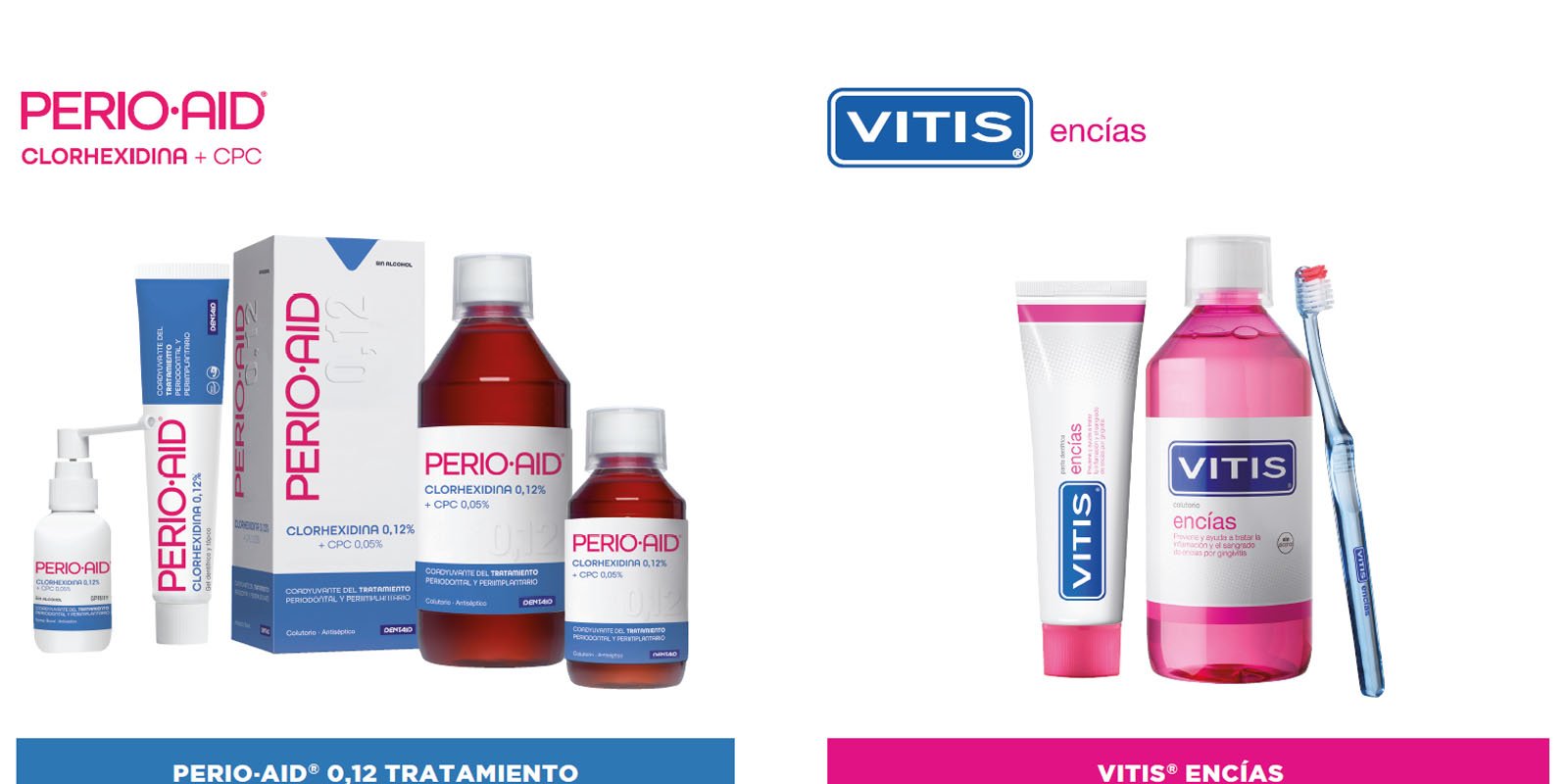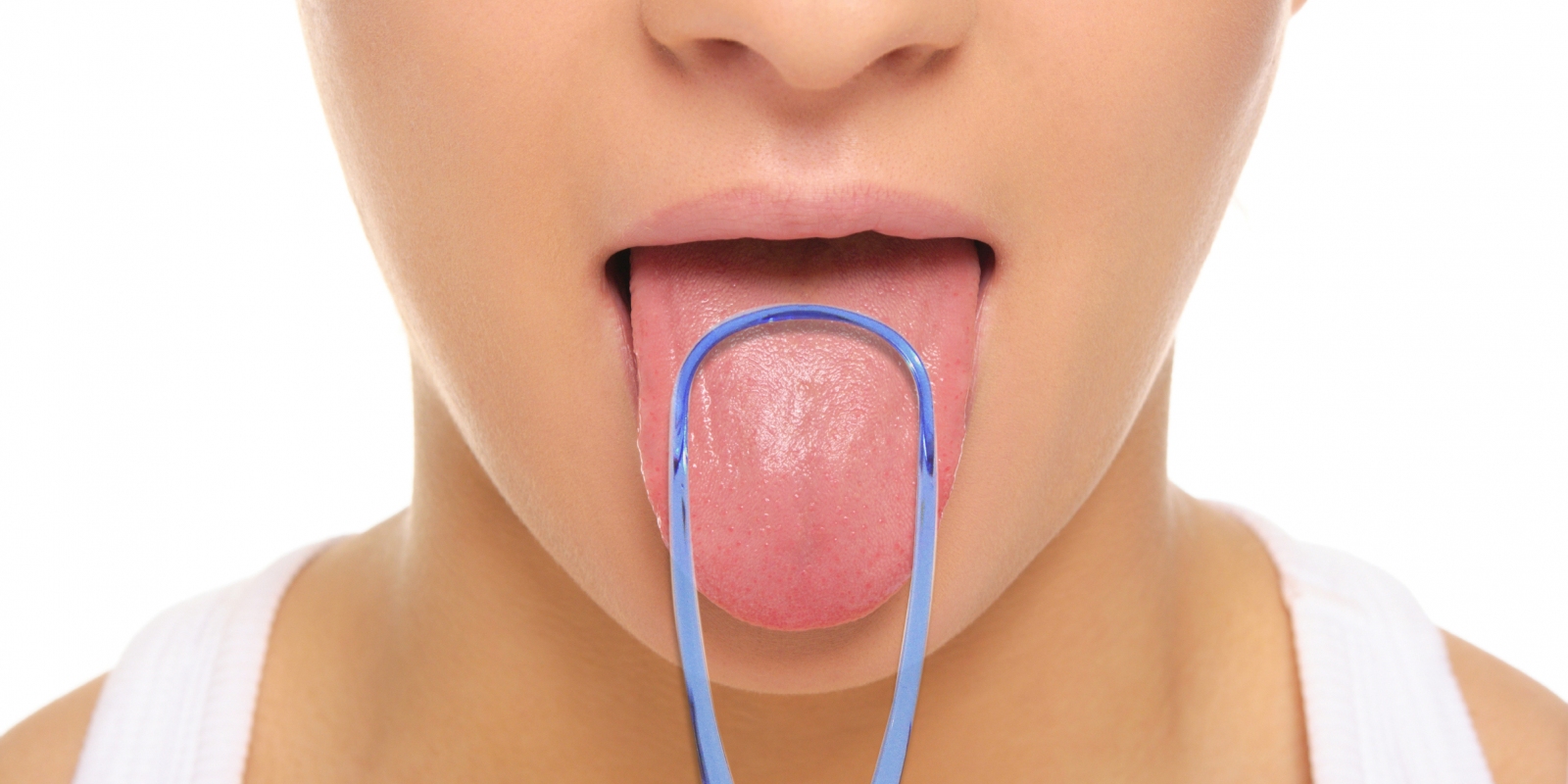DENTAID EXPERTISE
News for dentistry professionals
ORAL HYGIENE IN PATIENTS WITH RISK OF RESPIRATORY DISEASE
01 Jun 2017

For outpatients at risk of respiratory disease, periodontal disease should be treated to the extent possible to minimise bacterial contamination of the oral tissues. Treatment should be performed at the dental clinic by scaling and root planing any affected teeth, along with rinsing with 0.12% chlorhexidine (Perio·Aid® 0.12% Treatment).
It is likewise very important to establish effective oral hygiene measures, which reduce the risk of pathogenic bacteria passing on to the respiratory tract afterwards.
With regard to oral hygiene, we must take into account both the effective mechanical removal of dental plaque and the chemical control of microorganisms that may jeopardise the balance of the oral ecosystem.
Thorough brushing of all the surfaces of the teeth should be carried out for at least two minutes twice a day. This may be done with a manual brush or an electric brush with small head and quality filaments, along with an antiseptic toothpaste containing cetylpyridinium chloride (VITIS® gingival). Brushing should be accompanied by interdental hygiene using interproximal brushes or dental floss and tapes. Hygiene of the tongue with a tongue cleaner should not be disregarded. Finally, hygiene can be completed with the use of an antiseptic mouthwash containing cetylpyridinium chloride (VITIS® gingival) to ensure control of pathogenic microorganisms.
For patients hospitalised in intensive care units (ICUs), oral hygiene should be performed by hospital staff or caregivers. For mechanical oral hygiene, the teeth, gums and tongue may be cleaned using a chlorhexidine-impregnated gauze (Perio·Aid® 0.12% Treatment). Likewise, for chemical control, thorough cleansing of the oral cavity may be carried out in all areas (gums, tongue, palate, etc.) by using a syringe to squirt chlorhexidine (Perio·Aid® 0.12% Treatment) and sucking it out afterwards. This may be done two or three times a day.
Chlorhexidine is an excellent broad-spectrum antiseptic, and in addition shows very good substantivity, remaining in the mouth several hours after it has been applied. There are even mouthwashes on the market that combine chlorhexidine with other antiseptics such as cetylpyridinium chloride, which increases the efficacy and substantivity of the final product.
There are many studies that demonstrate the effectiveness of in-hospital performance. In fact, a recent meta-analysis found that the application of chlorhexidine mouthwash is a measure that would be very effective in preventing and reducing the incidence of cases of hospital-acquired pneumonia associated with mechanical ventilation(1).
Bibliography
- Zhang TT, Tang SS, Fu LJ. The effectiveness of different concentrations of chlorhexidine for prevention of ventilator-associated pneumonia: a meta-analysis. J Clin Nurs 2014; 23 (11-12): 1.461-1.475.
RELATED ARTICLES

15 Jun 2021
Why is it important to use mouthwash containing CPC?
The mouth is one of the main routes of entry for viruses and bacteria that can cause oral and systemic diseases1. At this moment in time, it is…

12 Apr 2021
Are your patients worried about their breath?
HALITA®, the reference brand in halitosis-fighting products, provides 24-hour fresh breath. The HALITA® product range has been developed to…

18 Mar 2021
After a year of COVID-19 pandemic, the mouth is more important than ever to protect our health
After a year of the COVID-19 pandemic and coinciding with World Oral Health Day, DENTAID highlights the importance of taking care of the mouth for…
Sign up for the DENTAID Expertise newsletter
Sign up for the newsletter